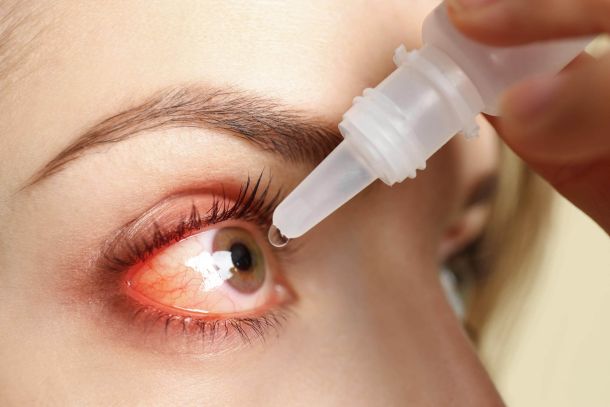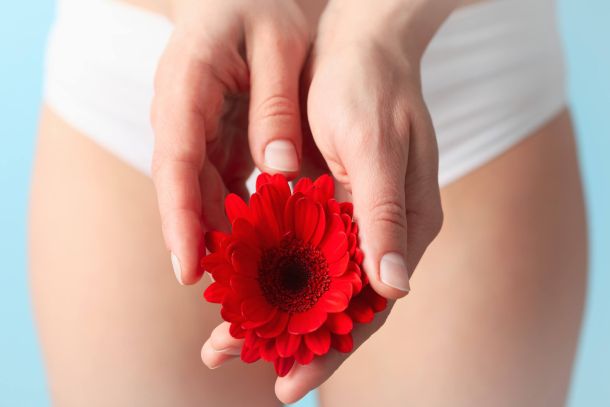How to recognize lipstick allergy: symptoms and diagnosis


Eva Zakharova
Allergic cheilitis: a complete guide
Allergic cheilitis is a common condition that causes numerous problems for patients. In this article, we will look in detail at the causes of allergic cheilitis, how to treat and prevent it, and the peculiarities of the disease in children and during pregnancy.
What is allergic cheilitis?
Allergic heilitis is an inflammation of the skin and mucous membrane of the lips, caused by contact with an allergen. Allergies to lipstick, cosmetics, certain foods or medications can cause allergic cheilitis. In addition, allergies in the corners of the lips can occur due to exposure to certain metals contained in jewelry or dentures.
Varieties of allergic cheilitis
There are several varieties of allergic cheilitis, among which are distinguished:
- Contact allergic cheilitis - occurs when an allergen comes into direct contact with the skin of the lips.
- Atopic cheilitis - develops in individuals with a predisposition to allergic reactions and is often accompanied by other atopic diseases such as eczema or asthma.
- Allergic cheilitis caused by internal factors - occurs due to food allergens or drug allergies.
Symptoms of allergic cheilitis
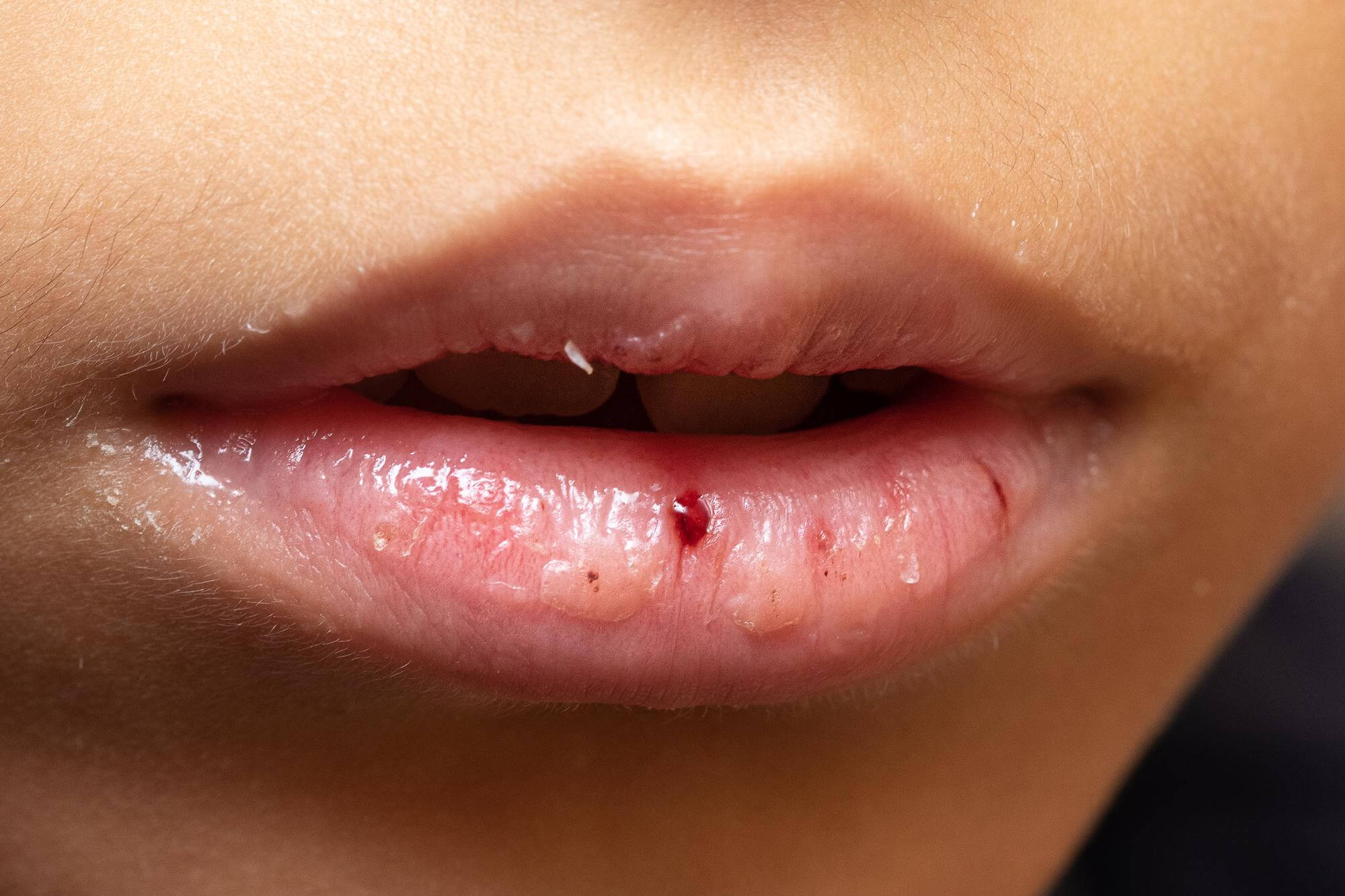
Allergic cheilitis can manifest with a variety of symptoms, which can range from mild to severe. It is important to know the main signs of allergic It is important to know the main signs of allergic cheilitis so you can see a doctor and start treatment early.
The main symptoms of allergic cheilitis include:
- Redness and swelling of the lips.
- Scaling and dryness of the skin of the lips.
- Itching and burning in the lip area.
- Cracks and sores on the lips and corners of the mouth.
- With severe allergic reactions may form blisters and crusts on the lips.
Diagnosis of allergic cheilitis
To diagnose allergic cheilitis, an allergologist performs a general examination of the patient, collects the medical history and analyzes the symptoms. In some cases it may be necessary to consult a dermatologist. To confirm the diagnosis and determine the allergen, the following tests may be prescribed:
- Contact allergy testing - applying allergens to the patient's skin to determine the cause of the allergic reaction.
- General and biochemical blood tests.
- Immunological tests to determine the level of IgE class antibodies.
The main tests to detect allergic cheilitis are:
- General blood test - can detect the presence of an inflammatory process in the body.
- Biochemical blood test - can show changes in metabolism and the presence of allergies.
- Immunological tests - determine the level of IgE class antibodies, specific to allergic reactions.
Treatment of allergic cheilitis
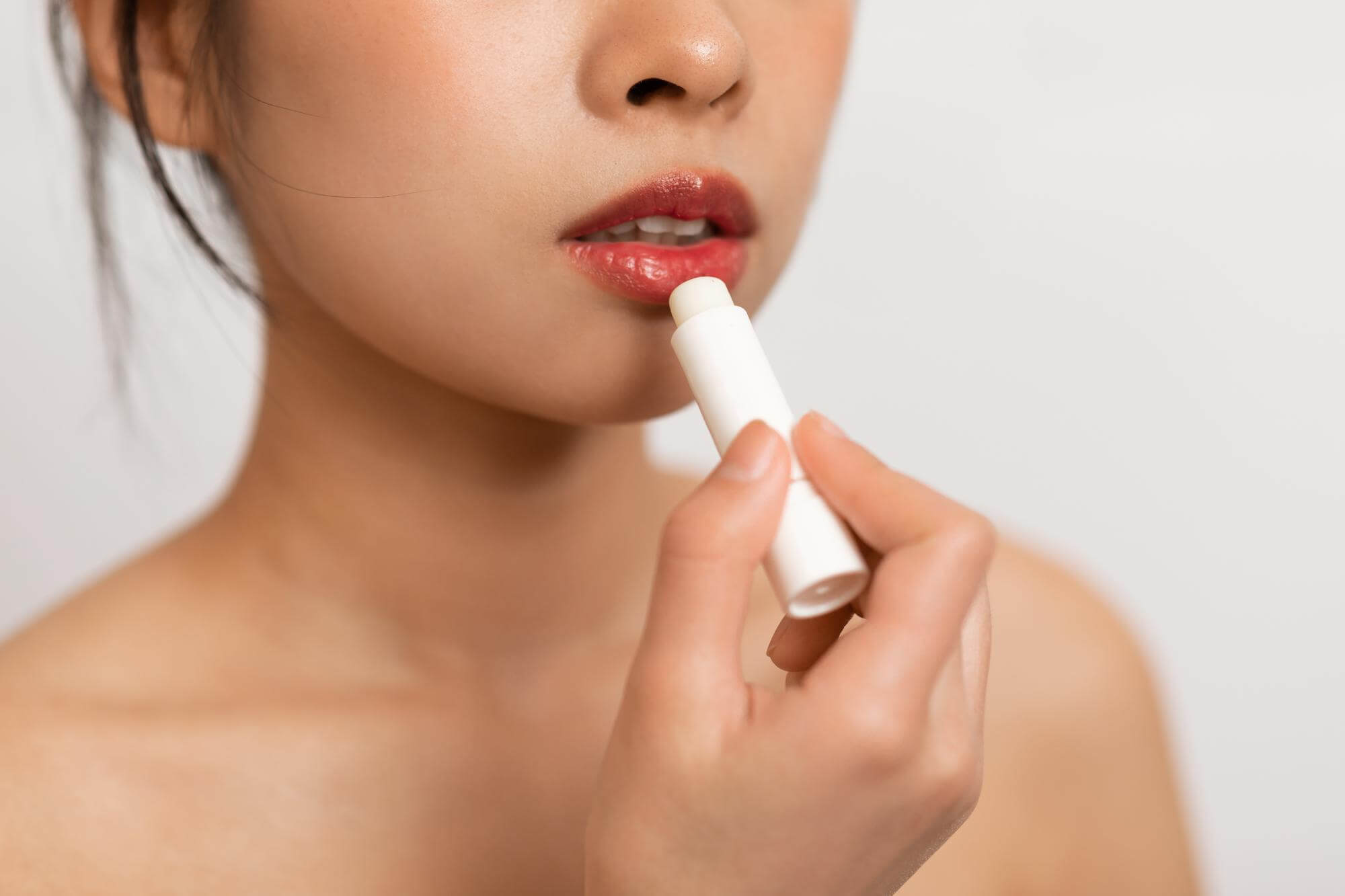
Treatment of allergic cheilitis begins with avoiding contact with an allergic allergen. Depending on the severity of the symptoms and the cause of the disease, the doctor may prescribe the following medications:
Antihistamines - reduce the severity of the allergic reaction (tablets: Suprastin, Zyrtec, Telfast; ointments: Fenistil gel, Sofradex).
Hormonal ointments - reduce inflammation and itching (hydrocortisone, Advantan, Elocom).
Panthenol ointments - accelerate healing of the lip skin (Bepanten, D-panthenol, Pantoderm).
Moisturizing creams and balms for the lips - soften the skin and prevent cracking.
Native methods of treating allergic cheilitis
Folk methods of treatment of allergic cheilitis can be used as a supplement to the main treatment:
- Masks of natural honey or aloe - have anti-inflammatory and healing effects.
- Compressions of decoction of herbs (chamomile, calendula, sage) - relieve irritation and itching.
- Oil solutions of vitamins A and E - nourish and restore the skin of the lips.
Prevention and recommendations
To prevent allergic cheilitis, the following recommendations should be followed:
- Eliminate contact with allergens.
- Use hypoallergenic cosmetic products for the care of the lips.
- Observe personal hygiene and regularly moisturize the skin on the lips.
- If necessary, undergo a course of allergen-specific immunotherapy to reduce sensitivity to allergens.
Allergic cheilitis in children
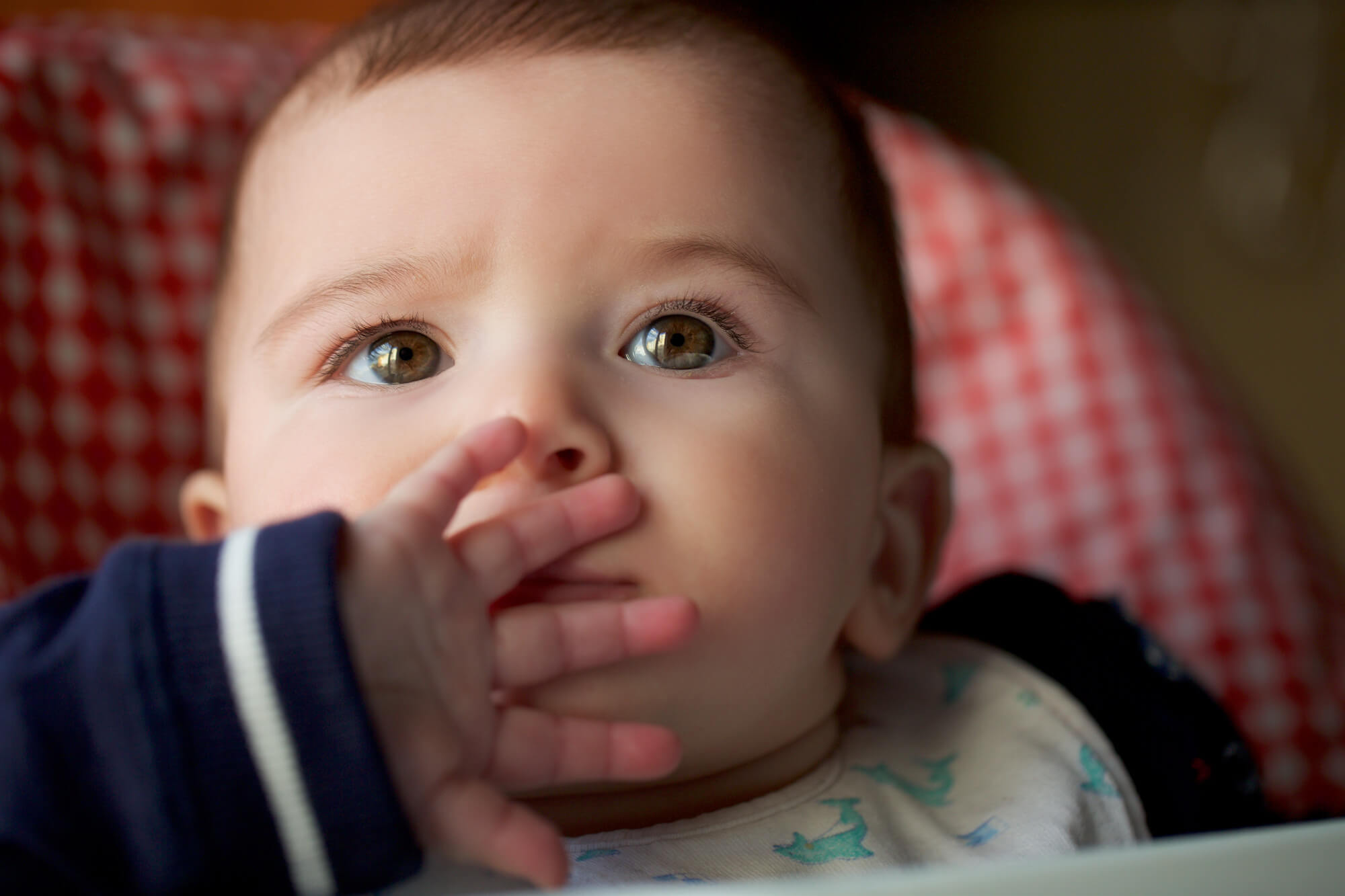
In children, allergic cheilitis often appears as atopic dermatitis and may be accompanied by other allergic diseases. The manifestations of allergic cheilitis in children may be more pronounced than in adults and require a special approach to treatment.
Treatment of allergic cheilitis in children should be done under the supervision of a doctor. The doctor may prescribe the following medications:
Antihistamines in an age-appropriate dosage (Phenystil, Zyrtec, Erius).
Non-hormonal anti-inflammatory ointments (Bepanten, Pantoderm, Riboflavin solution).
Moisturizing and soothing creams and lip balms based on natural ingredients.
Prevention of allergic cheilitis in children includes adherence to a hypoallergenic diet, use of hypoallergenic skin care products and lips, as well as timely visit the doctor at the first signs of the disease.
Allergic cheilitis and pregnancy

During pregnancy, women become more susceptible to various allergic reactions, including allergic cheilitis. Treatment of allergic cheilitis during pregnancy should be done with special attention, because some medications can have an adverse effect on the development of the fetus.
When treating allergic cheilitis in pregnant women, preference is given to topical medications with minimal systemic effects. Your doctor may prescribe non-hormonal anti-inflammatory ointments, moisturizing creams and lip balms.
In conclusion, allergic heilitis is a fairly common disease caused by various allergens. Timely diagnosis and proper treatment can cope with the symptoms of the disease and avoid complications. It is important to see an allergist at the first signs of allergic cheilitis to prescribe adequate treatment and prevention.
Related Materials
New materials
Popular Articles
We recommend reading
Contact us in the Contact Us section to ask questions, offer ideas, or for more information about our allergy resource.
Our articles are your trusted source of allergy knowledge. Learn how to make life with allergic reactions easier on our specialized portal.
©
Lechenie-Allergii.com. All rights reserved.
© Lechenie-Allergii.com. All rights reserved.
The information on this site is for informational purposes only and is not a substitute for professional medical advice. We recommend consulting with qualified medical professionals for accurate information and advice.
 English
English  Українська
Українська  Русский
Русский 








